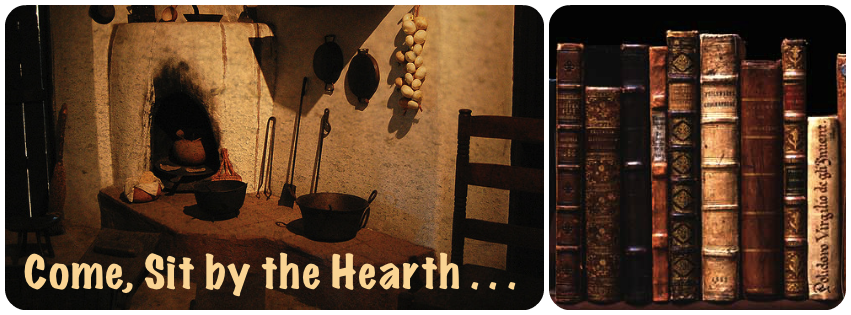 FROM THE BOOK WHISPERER:
FROM THE BOOK WHISPERER:"While I denounce censorship, I realize that teachers and school librarians must use discretion when offering books to young readers. As public servants, we must acknowledge the personal beliefs of the families we serve. Parents have the right to determine what books their child may or may not read. I dislike protests where a few parents' values potentially limit every reader's access to controversial books, though. To prevent book challenges and parent complaints before they occur, consider these criteria:
• Provide above level books on a case-by-case basis. Every year, I have sixth grade students who read significantly beyond their grade level. Finding appropriate, interesting books for advanced readers is challenging. I keep a small shelf of young adult (YA) titles behind my desk and only offer these books after speaking with a child's parents.
• Familiarize yourself with books and authors before placing titles in your library. I try to read every book before I provide it to my students, but this is not always reasonable. If a book is labeled as YA, I insist on reading it first. With grade level titles, I read reviews before purchasing books. I prefer to know when a book contains questionable content before a parent or student tells me.
• Avoid assigning specific books. I believe that the main reason I have received few complaints from parents or administrators about books over the years, is that I never require students to read a particular book. I expect students to read books from specific genres, but students control which titles they choose to read. If a child's parents express concern over any book their child selects, I help the student choose another one.
• Read every book you plan to read with students before using it. Before adding books to recommended or required lists, assigning titles as whole class novels, or sharing a book as a read aloud--READ IT FIRST!
• Select books for your library that receive favorable reviews from industry sources. In some cases, showing parents the literary merit of a book alleviates concerns about the content and provides evidence that the book is well-regarded in educational and literary circles.
• Decide now what you will do if anyone questions a book in your library. What support can you expect from your campus administrator? If a parent challenges a book, what policies does your district employ for responding to complaints? How important is that controversial book to your classroom instruction? What will you say to parents if they express concerns? Do not wait until a complaint occurs before creating a plan.
"While public schools and libraries must consider the needs and values of our local communities, we also bear responsibility for representing the values of American democracy. During Banned Book Week (and every week), we honor two foundational beliefs--our rights to speak freely and make our own choices. We must safeguard these rights for children until they can exercise and demand these rights for themselves.
**In serious cases of censorship, teachers, librarians, and booksellers can receive help from The Kids' Right to Read Project, which provides resources and public support.

No comments:
Post a Comment